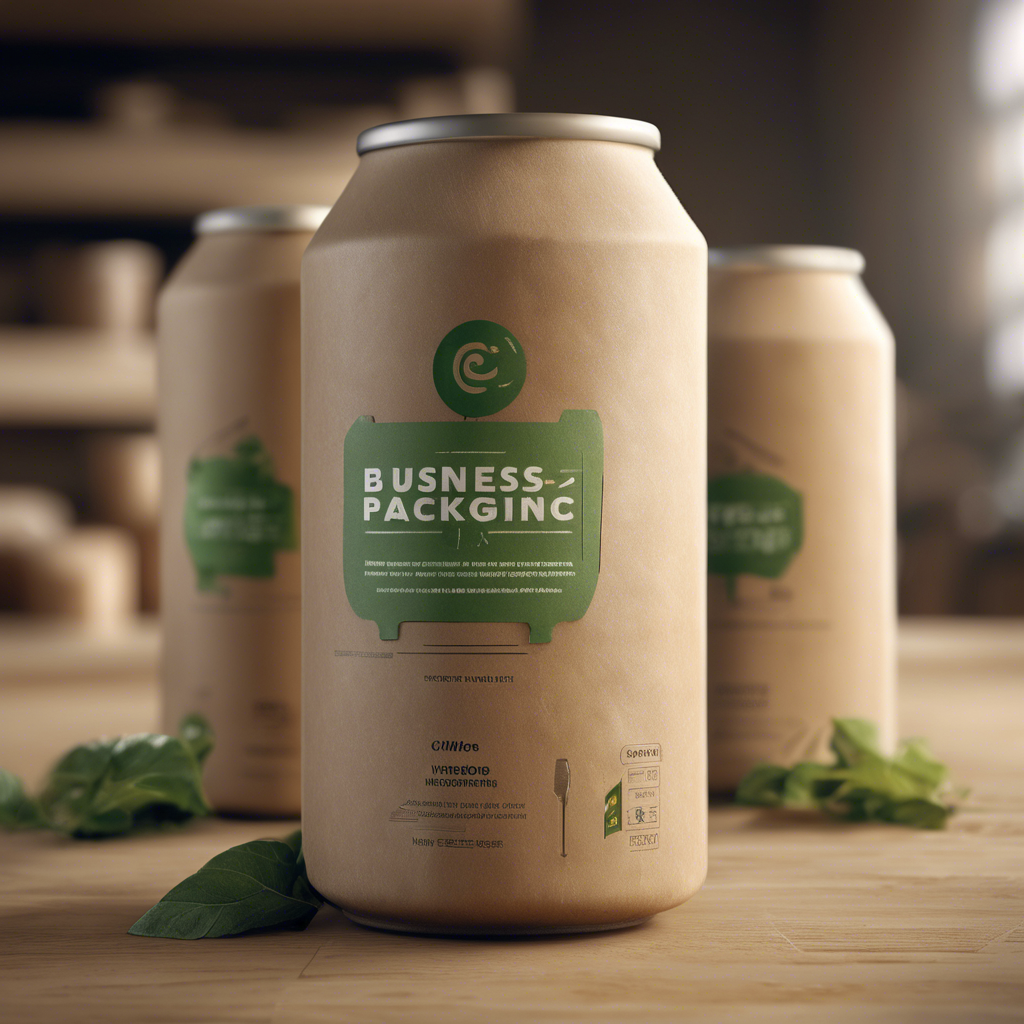Sustainable Packaging Solutions: Comparing Biodegradable vs. Traditional Packaging
- zenpacks
- Jul 17, 2024
- 2 min read
Updated: Jul 19, 2024
In today's world, the push for sustainability has become more prevalent than ever. One of the key areas where this transformation is making a significant impact is in packaging solutions. Traditional packaging that often ends up in landfills is now being challenged by biodegradable alternatives that promise a more environmentally friendly approach. Let's delve into the comparison between biodegradable and traditional packaging, shedding light on their benefits and drawbacks.
1. Understanding Traditional Packaging
Traditional packaging, predominantly made from materials like plastic, metal, and glass, has been the norm for decades. While these materials offer durability and protection to products, they come with a heavy environmental cost. Plastic, in particular, is a major contributor to pollution and poses a significant threat to ecosystems.
2. Introducing Biodegradable Packaging
On the other hand, biodegradable packaging is designed to decompose naturally over time, minimizing its impact on the environment. Materials such as biodegradable plastics, paper, and plant-based polymers are gaining popularity as sustainable alternatives to traditional packaging.
3. Pros and Cons of Biodegradable Packaging
Pros:
Environmentally friendly
Reduces waste in landfills
Renewable resources
Biodegrades without harming ecosystems
Cons:
Higher production costs
Limited shelf life
Requires specific composting conditions
4. Pros and Cons of Traditional Packaging
Pros:
Cost-effective
Versatile
Durable
Cons:
Non-biodegradable
Contributes to pollution
Hazardous to wildlife
5. Comparing Environmental Impact
Biodegradable packaging has a clear advantage in terms of environmental impact. It breaks down naturally without leaving behind harmful residues, unlike traditional packaging that can take centuries to decompose fully.
6. Consumer Perception
As consumers become more conscious of their environmental footprint, the demand for biodegradable packaging is on the rise. Brands that prioritize sustainability and opt for eco-friendly packaging often attract a larger customer base.
7. Making the Switch
While the shift from traditional to biodegradable packaging may present initial challenges, the long-term benefits far outweigh the drawbacks. Companies embracing sustainable practices are not only contributing to a greener future but also enhancing their brand image.
8. Conclusion
In the battle of biodegradable vs. traditional packaging, the former emerges as the clear winner in terms of sustainability and environmental impact. As we move towards a more eco-conscious society, the adoption of biodegradable packaging solutions is not just a trend but a necessity for a sustainable future.

Next time you make a purchase, consider the packaging it comes in and the impact it has on our planet. By choosing biodegradable options, you are making a positive difference in creating a greener and cleaner environment for generations to come.

Kommentare